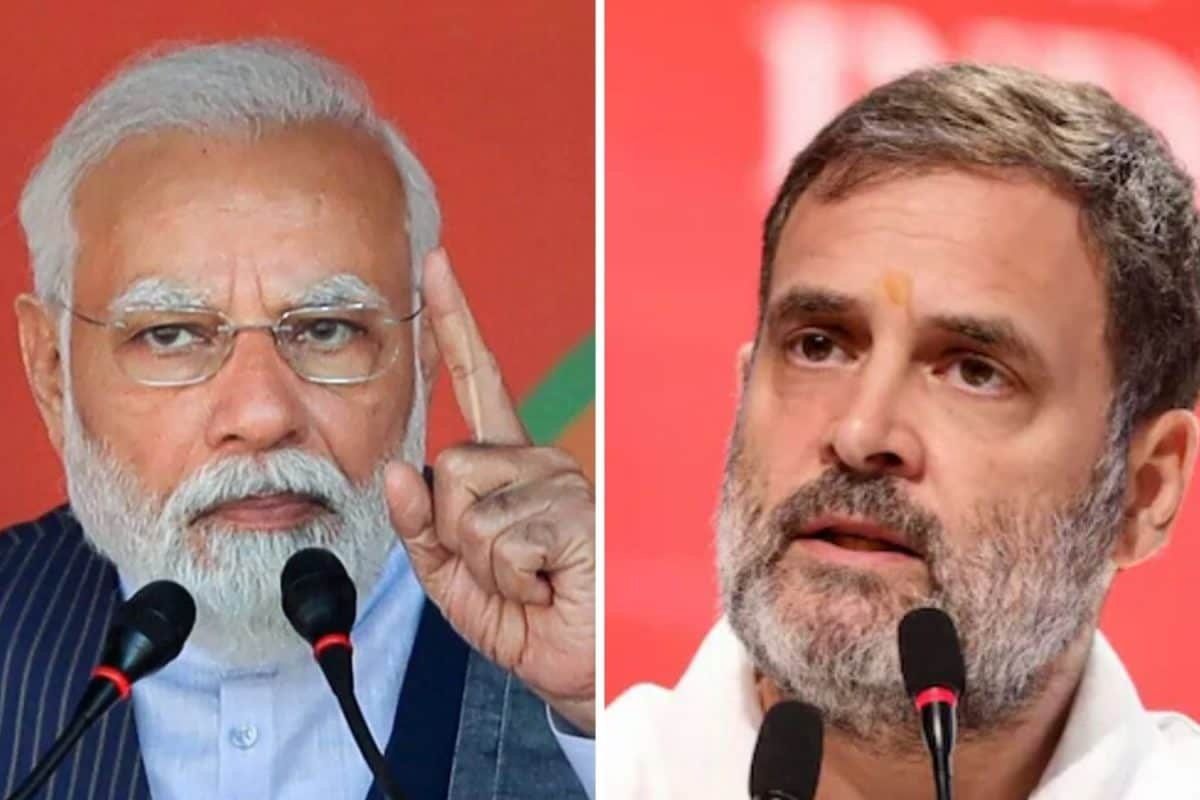

The political landscape is witnessing heightened activity, particularly concerning national security and foreign policy. Recent remarks by Rahul Gandhi, Leader of the Opposition, have ignited a fresh round of debate, focusing on Prime Minister Narendra Modi's handling of these critical domains. News outlets are closely monitoring the public's reaction and sentiment, especially in light of the upcoming elections.
Gandhi's recent "surrender" jibe aimed at PM Modi has become a central point of contention. Speaking at a 'Samvidhan Suraksha Sammelan' in Bihar, Gandhi repeated his accusation that Modi capitulated to pressure from former US President Donald Trump during a military conflict with Pakistan. He referenced Trump's claims of compelling Modi to surrender, asserting that the Prime Minister's silence on the matter implies the truthfulness of Trump's statements. According to Gandhi, Trump has said at least 11 times that he compelled Modi to surrender.
These remarks have drawn sharp reactions from the ruling Bharatiya Janata Party (BJP). Party president Jagat Prakash Nadda condemned Gandhi's words as "treason," while spokesman Sudhanshu Trivedi suggested they were more offensive than statements made by terrorists like Hafiz Saeed. The BJP views Gandhi's accusations as undermining national morale and disrespecting the Prime Minister's office.
Gandhi's offensive follows a cross-border strike on May 7 by the Indian Defence Forces, aimed at terror bases in Pakistan and Pakistan-occupied Kashmir, which was codenamed "Operation Sindoor". A ceasefire was declared on May 10. Rahul Gandhi and other opposition leaders have since seized upon the remarks to question the government's handling of national security and foreign policy.
Adding fuel to the fire, Gandhi drew parallels between Modi's alleged "surrender" and what he described as the historical tendency of the Rashtriya Swayamsevak Sangh (RSS) to seek clemency when under pressure. He alluded to clemency petitions written to the British Raj by RSS ideologue Vinayak Damodar Savarkar. Gandhi further claimed that Modi's agreement to a caste census was another instance of yielding to pressure. He stated he had told Modi that his government would be compelled to hold a caste census.
Congress MP Shashi Tharoor offered a more tempered response to Gandhi's "Narender, surrender" jibe. Speaking in Washington, Tharoor emphasized that domestic political differences should not overshadow India's unified stance on international matters. He underscored the importance of presenting a united front to the world, even amidst internal debates and criticism. He also noted that India has always maintained that there was no need to ask them to stop because they had said: you hit us, we will hit back, and if they will stop, we will stop.
The controversy surrounding Gandhi's remarks highlights the deep political divisions in India. The opposing sides fiercely defend their positions, reflecting contrasting views on national security, foreign policy, and historical narratives. As the political climate intensifies, it remains to be seen how these debates will influence public opinion and the outcome of future elections. News organizations are playing a crucial role in providing a platform for these diverse voices and informing the public about the key issues at stake.